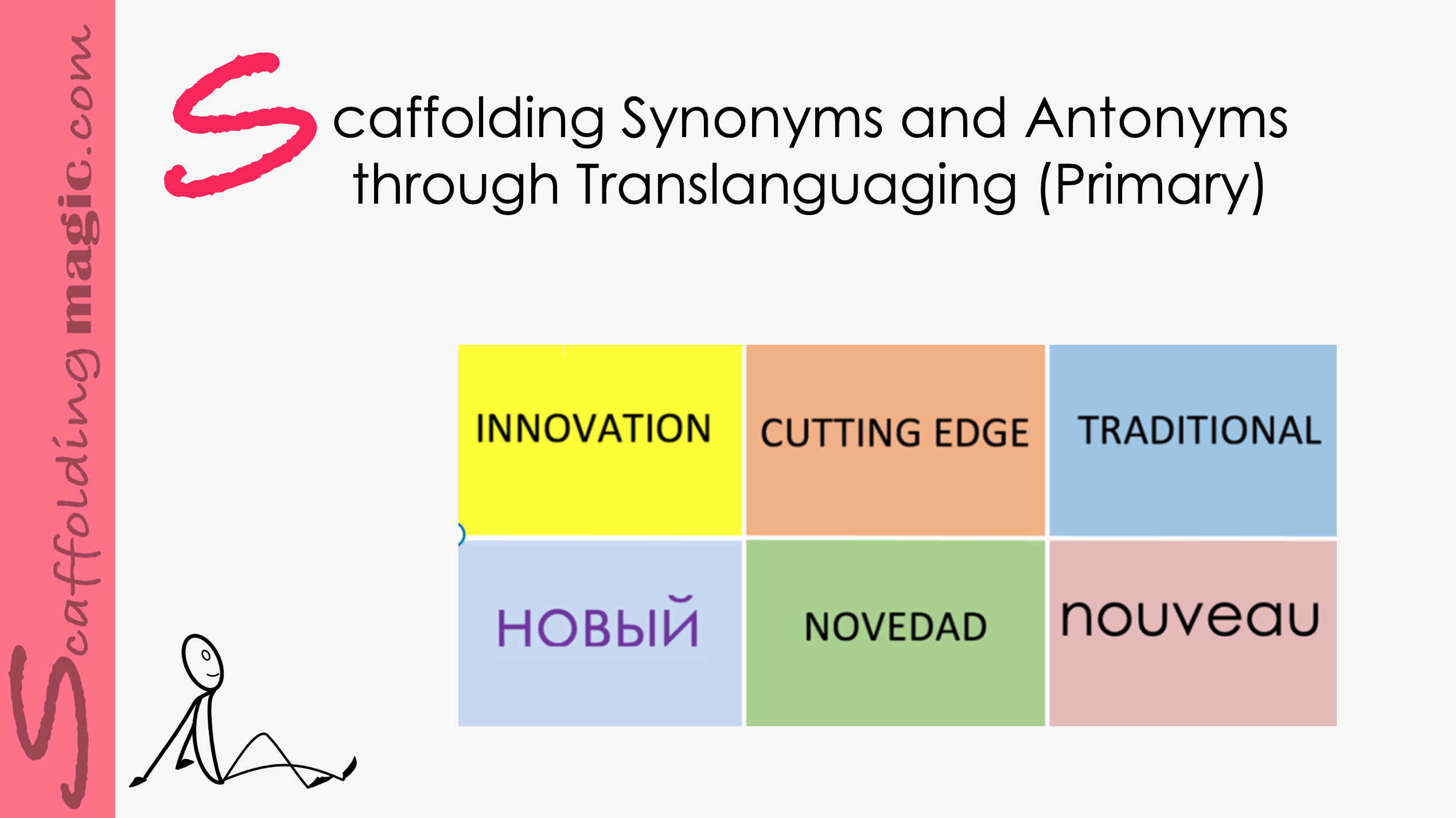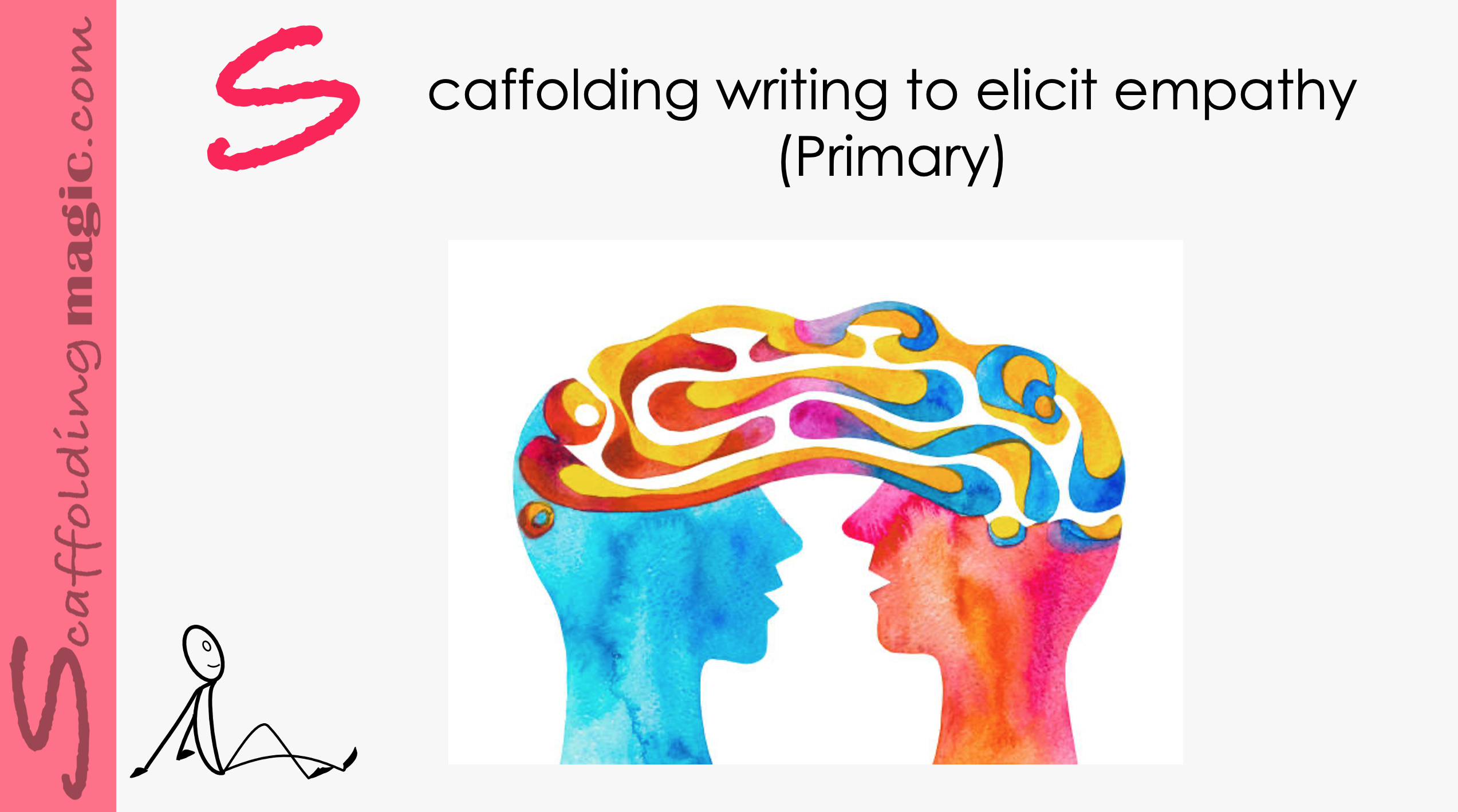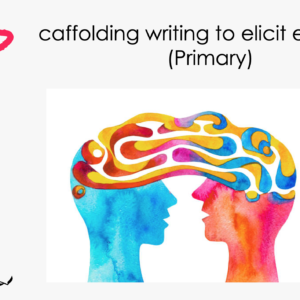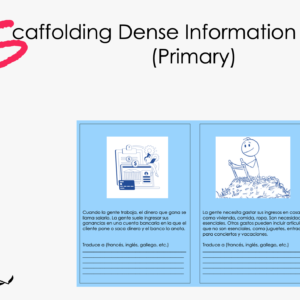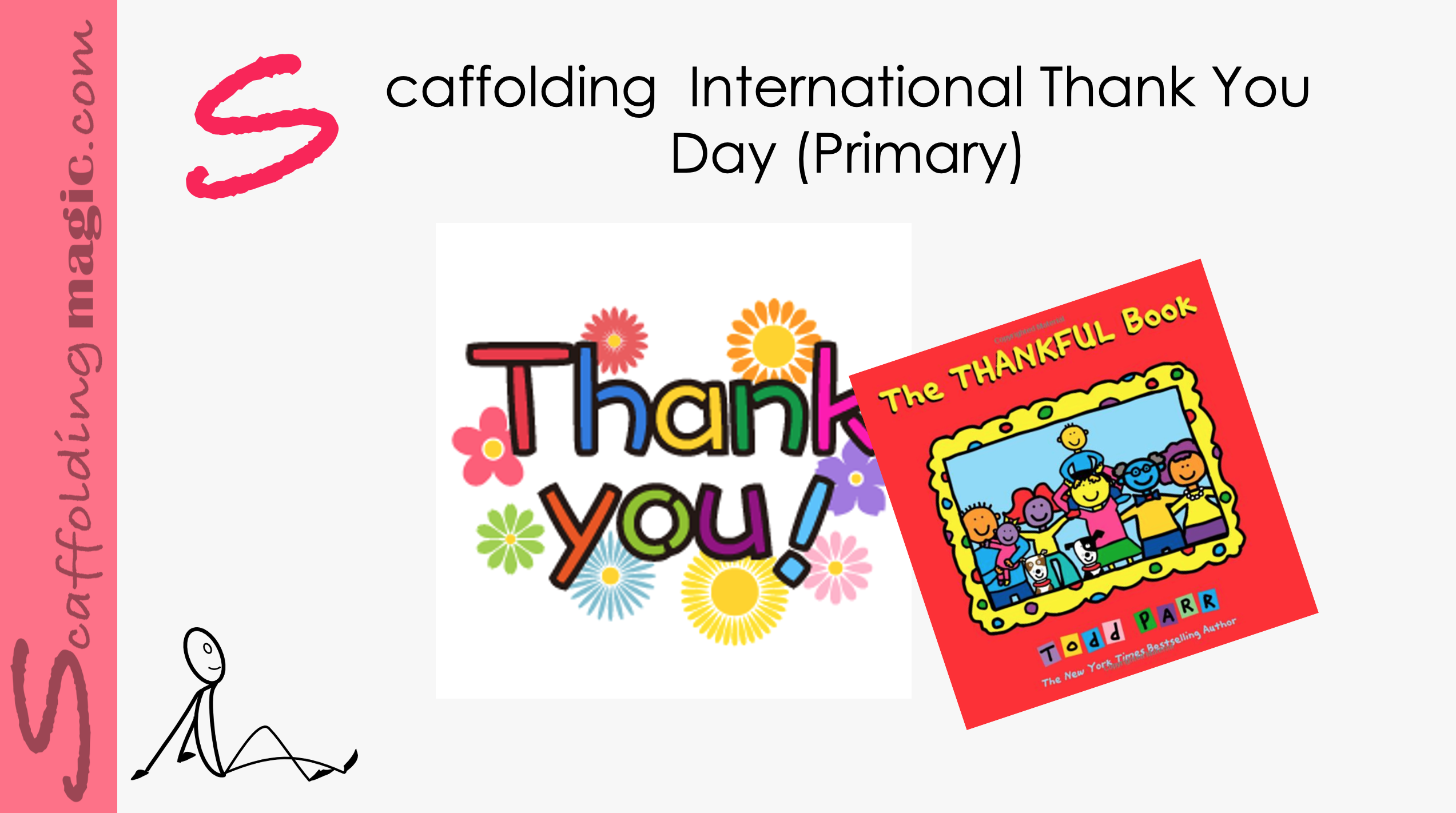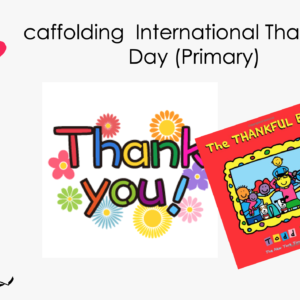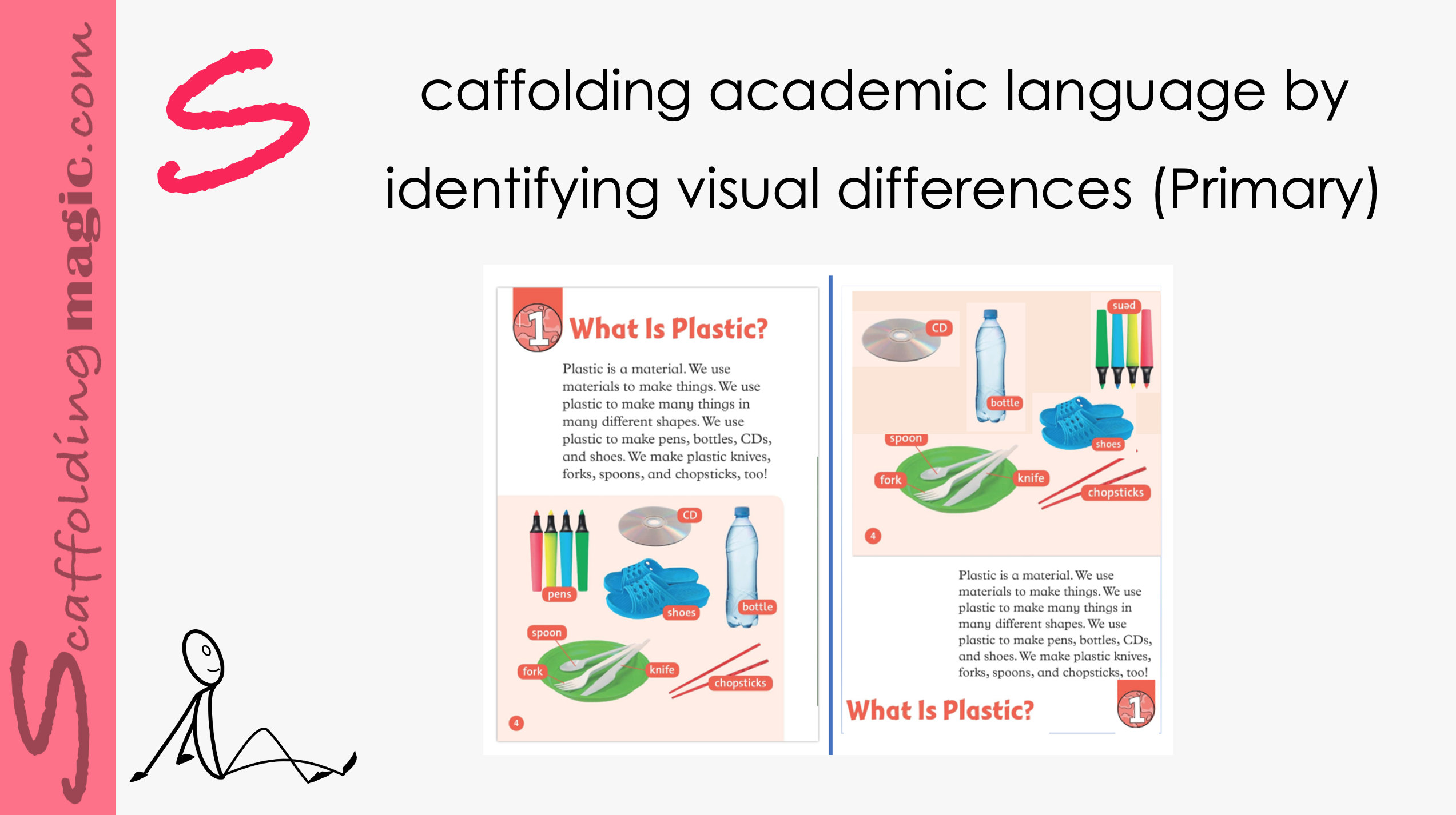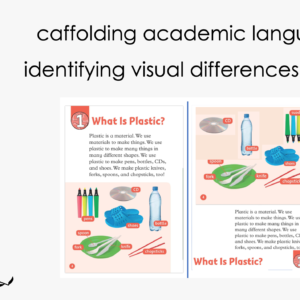An important factor in translanguaging is knowing the different registers – when to use different tones, words, phrases. It’s important to know which terms are appropriate for specific circumstances. Especially in those languages (such as English) in which there is no formal or informal pronouns, register and tone transmit crucial information. To give our students an even wider prospects in their scholastic and professional lives, being comfortable with – or at least recognising – register is of the highest importance.
Scaffolding Synonyms and Antonyms through Translanguaging (Primary)
$5.00
An important factor in translanguaging is knowing the different registers – when to use different tones, words, phrases. It’s important to know which terms are appropriate for specific circumstances. Especially in those languages (such as English) in which there is no formal or informal pronouns, register and tone transmit crucial information. To give our students an even wider prospects in their scholastic and professional lives, being comfortable with – or at least recognising – register is of the highest importance.
Related products
- Quick View
-
Primary ScaffoldsQuick View
Scaffolding Dense information with Art (Primary)
$5.00 Add to cartRated 0 out of 5 -
Primary ScaffoldsQuick View
Scaffolding International Thank You Day (Primary)
$5.00 Add to cartRated 0 out of 5 -
Primary ScaffoldsQuick View
Scaffolding Academic Language by Identifying Visual Differences (Primary)
$5.00 Add to cartRated 0 out of 5
Scaffolding Writing to Elicit Empathy (Primary)
Writing is one of the four cornerstone skills of every inclusive educational curriculum. It helps us form our thoughts into coherent verses and communicate over distance and time. It is a skill usually approached as a way of appeasing bands for standardised exams, but, in fact, is the perfect tool to foster the development and expression of empathy.
Empathy is a way of connecting with other people in such a way so that you show you understand what they’re experiencing – and that you respect their experience as something meaningful – even though you may not understand exactly how it feels for them. In other words, empathy is about finding a way to connect.
Writing is one of the four cornerstone skills of every inclusive educational curriculum. It helps us form our thoughts into coherent verses and communicate over distance and time. It is a skill usually approached as a way of appeasing bands for standardised exams, but, in fact, is the perfect tool to foster the development and expression of empathy.
Empathy is a way of connecting with other people in such a way so that you show you understand what they’re experiencing – and that you respect their experience as something meaningful – even though you may not understand exactly how it feels for them. In other words, empathy is about finding a way to connect.
Scaffolding Dense information with Art (Primary)
This scaffold gives students the opportunity to interact with material through linguistics and visuals. As in the best-planned activities, we also include specific language outcomes. Too often we focus only on content, but being specific about the language structure, grammar and clarity of meaning ahead of time, students feel more supported and are therefore more able to confidently participate. The examples used in this activity come from a Natural Science class on energy. You’ll see how easy it is to adapt it to your lesson.
This scaffold gives students the opportunity to interact with material through linguistics and visuals. As in the best-planned activities, we also include specific language outcomes. Too often we focus only on content, but being specific about the language structure, grammar and clarity of meaning ahead of time, students feel more supported and are therefore more able to confidently participate. The examples used in this activity come from a Natural Science class on energy. You’ll see how easy it is to adapt it to your lesson.
Scaffolding International Thank You Day (Primary)
The International Thank You Day – celebrated by many on January 11th, others on June 11th – is a wonderful opportunity to help our students to focus on gratitude and add to positive forces in the world. Including gratitude in the educational environments is proven to improve relationships both in and outside of the classroom. Stressing affective factors in our lessons aligns us Vygotsky’s assertion (1978) that our students are more likely to step outside their comfort zone (ZPD) when they feel that they are supported and nurtured.
The International Thank You Day – celebrated by many on January 11th, others on June 11th – is a wonderful opportunity to help our students to focus on gratitude and add to positive forces in the world. Including gratitude in the educational environments is proven to improve relationships both in and outside of the classroom. Stressing affective factors in our lessons aligns us Vygotsky’s assertion (1978) that our students are more likely to step outside their comfort zone (ZPD) when they feel that they are supported and nurtured.
Scaffolding Academic Language by Identifying Visual Differences (Primary)
Studies show that while memorising academic language is effective in the short term – to pass exams, for instance, in the long-term it is an ineffective way of learning terms that students can use in context*. Without having analysed, compared, categorised, and defended their own ideas through the use of these terms, most students will forget their meanings as quickly as they learned them.
What can we do? The solution is easy. We create opportunities for our students to analyse, compare, categorise, and defend their own ideas through the use of these terms.

